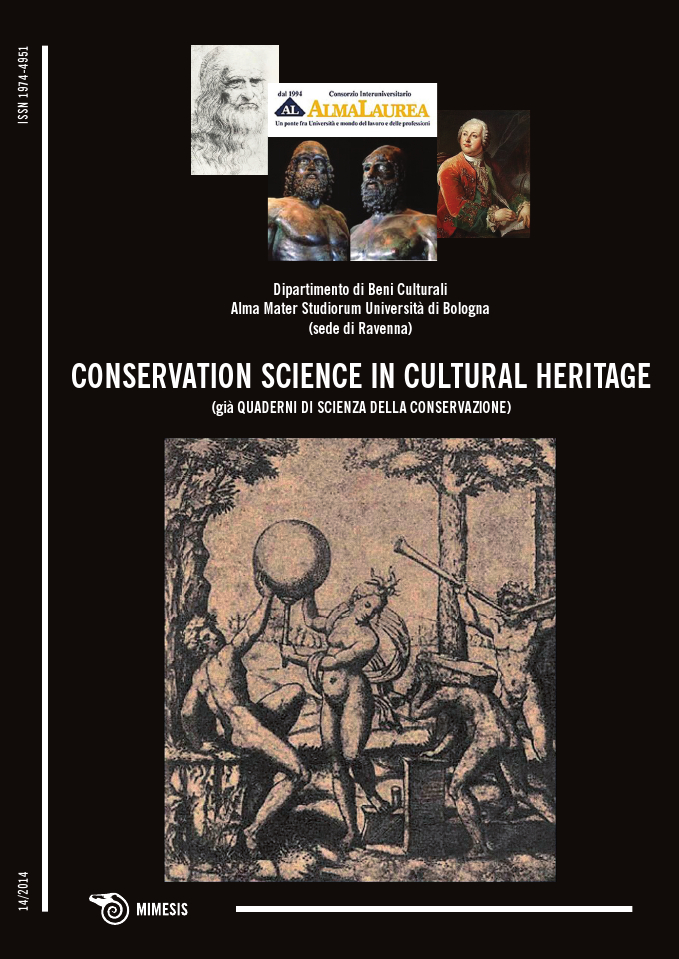The evaluation of scientific research on the basis of estimation parameters in economics
DOI:
https://doi.org/10.6092/issn.1973-9494/4754Keywords:
evaluation, scientific research, economicsAbstract
Below are some considerations following on from a past Editorial entitled “The evaluation of scientific research: the result of merit-based or discretionary criteria?” published in issue No.11 (2011) of the historical-technical journal “Conservation Science in Cultural Heritage”. The Editorial looked at various tools for evaluating scientific research and expressed some reservations about the bibliometric criteria:
- Impact Factor (IF), the most well-known bibliometric tool, owned by Thomson Reuters – Institute for Scientific Information (ISI), which collects data from over 14,000 journals in its web portal: an evaluation system that determines the frequency with which an article is cited in a given period;
- Peer Review, a quality indicator typically used in selecting articles for publication;
- Open Linking, a reference service offered by aggregators which transforms citations into hyperlinks and allows researchers to browse online from article to article regardless of the journal or publisher;
- H Factor or H Index, which aims to quantify the overall scientific contribution of a researcher.
Downloads
Published
How to Cite
Issue
Section
License
Copyright (c) 2014 Salvatore Lorusso, Vincenzo Barone, Andrea Natali
Copyrights and publishing rights of all the texts on this journal belong to the respective authors without restrictions. Authors grant the journal right of first publication.This journal is licensed under a Creative Commons Attribution 3.0 Unported License. (full legal code)See also our Open Access Policy.






